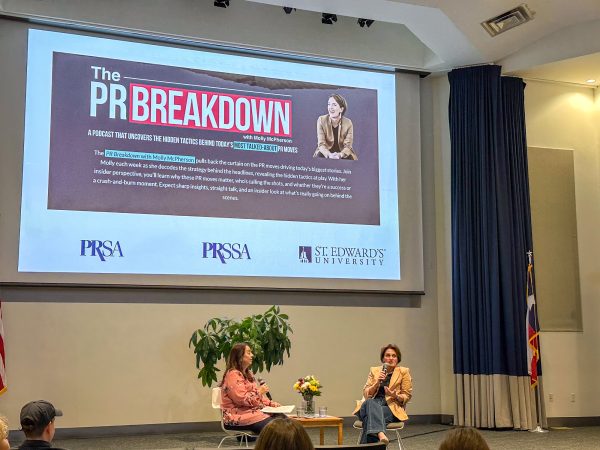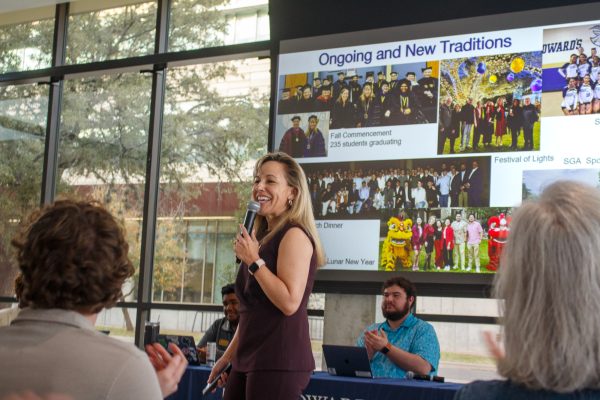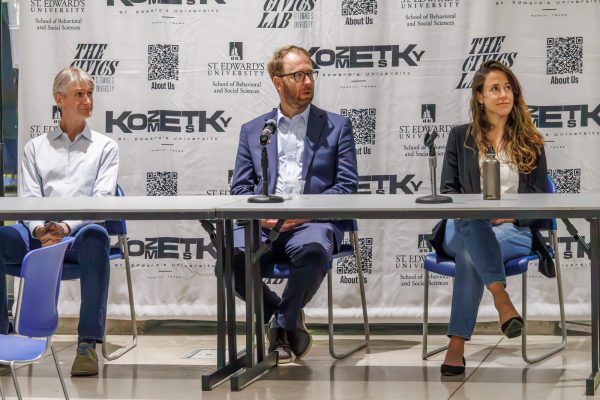Water dispute workshops for CULF students search for solutions
On Feb. 24, University Programs began hosting interactive workshops focused on international trans-boundary aquifer disputes. These workshops, which are required for students in CULF 3330 and CULF 3331, are moot mediations in which students debate real-world aquifer issues that are currently being debated in the international community.
“When we say moot, moot doesn’t just mean practice,” Assistant Professor of Behavioral and Social Sciences Charles Porter said. “Moot means exactly like what goes on in real life.”
In these workshops, students are placed in a role-play situation in which they play the role of ambassador for a specific assigned country that is involved in an international aquifer dispute with another country. Trained interns play the role of mediator between representatives for both countries, and the students attempt to propose a solution for the critical dispute between the parties.
“It takes several years sometimes to negotiate these disputes,” said Porter. “But in a three-hour period, you’ll get a pretty good feel for the process of these mediations. It’s very useful, and I think it’s a lot of fun.”
CULF 3330 intern Amanda West is one of the trained mediators who will be facilitating these discussions, and attends class on Fridays from 2-4 p.m. to learn about the mediation process and how to apply it to international disputes.
“These workshops are important because water rights in general are important to consider with climate change and extreme droughts that are happening around the world,” West said. “There’s no surface water for (some people) to get water from, to bathe in, to drink, for proper sanitation, for irrigation, for agriculture…It’s just not there. So they have to start using ground water, which causes disputes because each country has different policies on what is their ground water. It gets pretty sticky.”
University Programs hosted similar workshops in 2009 and 2011 that focused on international treatment of surface water. However, this year’s curriculum is plowing new ground, Porter said, as it aims to explore the issues associated with ground water involved in aquifer disputes.
“No one has ever even begun to talk about how you negotiate trans-boundary aquifer disputes,” Porter said. “Surface water is water that flows on the surface of the ground; that’s pretty obvious. What you don’t see is what’s underground in aquifers. It’s a common underneath all of us, and it ignores political boundaries. How do we allocate it? Who has a right to it? These are questions we need to ask.”
Seven workshops will be held throughout the semester for CULF students to choose from, and seven aquifer systems from around the world will be represented. With 15 moot mediations being held at each workshop, over 100 mediations will be held by the workshops’ end in April.






